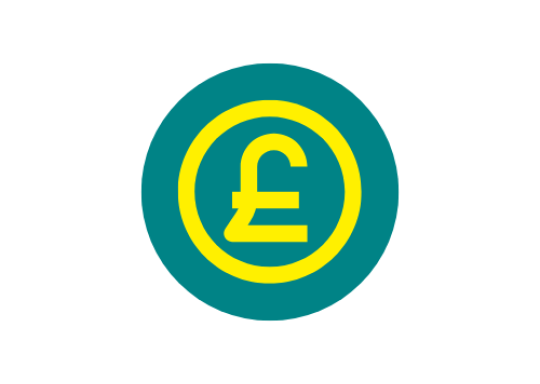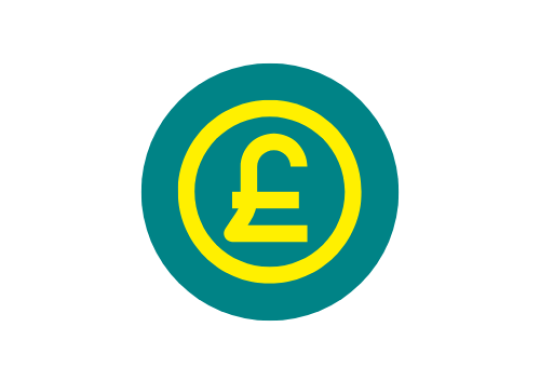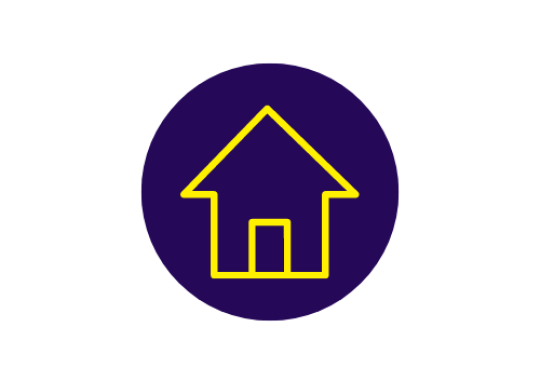Benefit cap
There is a cap on the total amount you can get from the main out-of-work benefits and children’s benefits. Some benefits are not included in the cap calculation. In some circumstances, you are exempt from the cap
This information explains the benefit cap as it applies if you are being paid housing benefit. If you are being paid universal credit, the rules are slightly different.
Revised and updated: 22nd April 2025
Contents
Discretionary housing payments

Want to donate?
These factsheets will always be free, so that everyone who needs them can access them, no matter what!
However, if you found them helpful and are able to, why not consider making a small suggested donation of £1 towards our work?
How much is the benefit cap?
The benefit cap is:
Within Greater London
- £326.29 a week if you are a single person (with no children)
- £486.98 a week in all other cases
Outside Greater London
- £283.71 a week if you are a single person (with no children)
- £423.46 a week in all other cases
If your total income from the relevant benefits is greater than your cap, the local authority will reduce your housing benefit until this income equals the cap.
You may not have the full cap applied if your housing benefit is too low.
You may also be able to get discretionary housing payments (DHPs) if your housing benefit has been reduced because of the benefit cap.
Test how the benefit cap might affect you at www.gov.uk/benefit-cap-calculator
Exemptions from the cap
You are exempt from the cap if you or anyone in your household (a partner or dependent child or qualifying young person) get any of the following:
- adult disability payment;
- Armed Forces Compensation scheme guaranteed income payment;
- armed forces independence payment;
- attendance allowance;
- carer’s allowance or carer support payment;
- child disability payment;
- disability living allowance (DLA) or Scottish adult DLA;
- employment and support allowance support component;
- guardian’s allowance;
- housing benefit - if you are living in ‘specified’ accommodation;
- industrial injuries benefits;
- pension age disability payment;
- personal independence payment;
- war pension; or
- war widow's or widower’s pension
The cap will also not apply if you have reached pension age unless you or your partner are continuing to claim income-related employment and support allowance.
The ‘grace period’
There is a 'grace period' of 39 weeks, when you will not be capped, if you (or your partner) were working for 50 out of the 52 weeks immediately before your last day of work. You must not have been claiming employment and support allowance, jobseeker’s allowance or income support while you were working.
Which benefits are capped?
You will have a cap on your combined income from the following benefits:
- child benefit
- employment and support allowance (all types) - unless the ‘support component’ has been awarded
- housing benefit (unless you are in ‘specified’ accommodation)
- jobseeker’s allowance
- maternity allowance
- widowed parent’s allowance
Discretionary housing payments
You may be able to get discretionary housing payments (DHPs) if your housing benefit has been reduced because of the benefit cap.
Most local authorities have a form on which to request a DHP. If your authority does not, write a letter instead. Explain your circumstances fully, in particular your disability needs, to ensure that these are taken into account.
You do not have a right to a DHP. It is up to the local authority whether they give you any payment.
Find out more
Advice
Use advicelocal to get advice in your area.
See also our Getting Advice guide
Find out more
If you are an adviser see our Disability Rights Handbook



